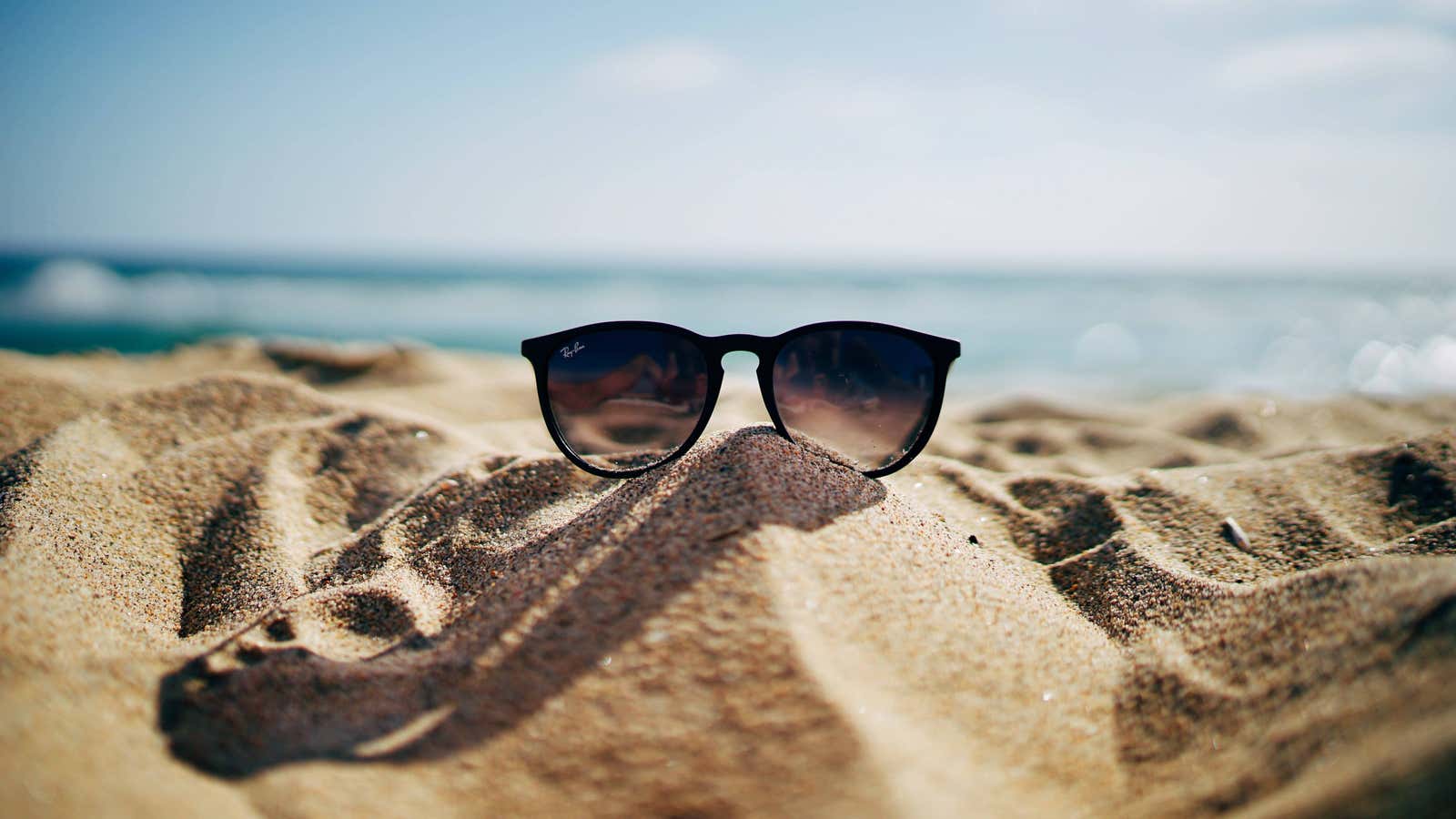How to Stay Safe During the Heat

Now that we’re getting closer to the hottest part of the year, it’s time to talk about heatwaves, in particular how to stay healthy during them. Instead of just trying to deal with it, it’s best to take a few precautions. This is especially true if you or someone you care about is in a high-risk group, such as people 65 and older, children 2 years and younger, pregnant people, or people with chronic illnesses.
Stay hydrated
This is obvious, but also very important. You should always drink plenty of fluids (ideally water), but this is very important during extreme heat. It is not enough to drink only when you are thirsty, because as the Mayo Clinic points out , when you are thirsty, you may already be dehydrated.
The main thing is to keep drinking as easy as possible . This means carrying a water bottle with you, perhaps setting a timer or using an app that reminds you to drink, ordering water from bars and restaurants (in addition to what you drink), eating foods that help you hydrate (such as fruits and some vegetables). and add fruit infusions to the water to taste better.
Replace salts and minerals
When you sweat a lot, your body gets rid of some of the salts and minerals it needs to function, according to the CDC . Sports drinks can help with this, but there are other ways to replenish, such as adding salt and minerals to food. Also, if you are on a low-salt diet, have diabetes, high blood pressure, or other chronic medical conditions, be sure to talk to your doctor before drinking a sports drink to make sure it is not doing more harm than good.
Spend as much time as possible indoors, ideally in an air conditioner.
Given how hot it is outside, it is best to stay indoors in air-conditioned buildings. According to the CDC , air conditioning is the number one defense against heat-related illness and death. If you don’t have air conditioning in your home, try to spend time in air-conditioned public places, such as libraries or special refrigeration centers .
And don’t just rely on a fan to keep you cool when temperatures exceed 95 degrees Fahrenheit, the CDC warns – you’ll need something that actually cools the air, not moves it. It can give your body a false sense of comfort and make you miss the signs of fever-related illness.
Dress appropriately
The CDC recommends wearing loose, lightweight, light-colored clothing if you need to be outdoors for any reason. And of course, don’t forget sunscreen and a wide-brimmed hat.
Plan your day accordingly
If you absolutely need to do something outdoors, try to do it as early or late in the day as possible to avoid the peak of the day’s heat. If you do find yourself outdoors during the day, the CDC recommends taking as many shade breaks as possible. It also means that you must move and rest as soon as you start to feel dizzy, confused, or faint.
Know the Signs of Heat Disease
As the temperature rises, your chance of getting heat sickness, such as heatstroke or heat exhaustion , increases. According to the CDC , symptoms of heat exhaustion include dizziness, nausea and vomiting, headache, tiredness or weakness, heavy sweating, clammy skin, and / or a fast, weak pulse.
Heatstroke can include the same symptoms such as headache, dizziness, and nausea, as well as confusion, irritability, hallucinations, fainting or collapse, difficulty walking, seizures, and / or skin redness, with or without sweating.
Check your medications
If you have a chronic medical condition and regularly take medications, check out their side effects. The CDC says that in some cases, certain medications can worsen the effects of extreme heat. If so, then do all of the above and be very careful when driving outside.
Check out others who may be at risk
Even if you handle the heat, that doesn’t mean everyone else does. You might want to check on people you know who fall into the high-risk groups mentioned above, especially the elderly.